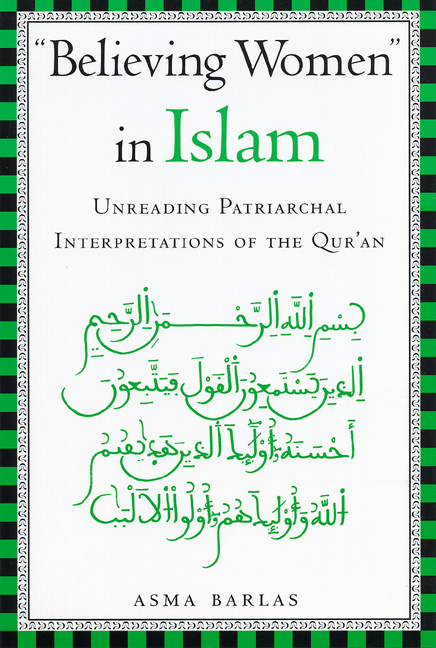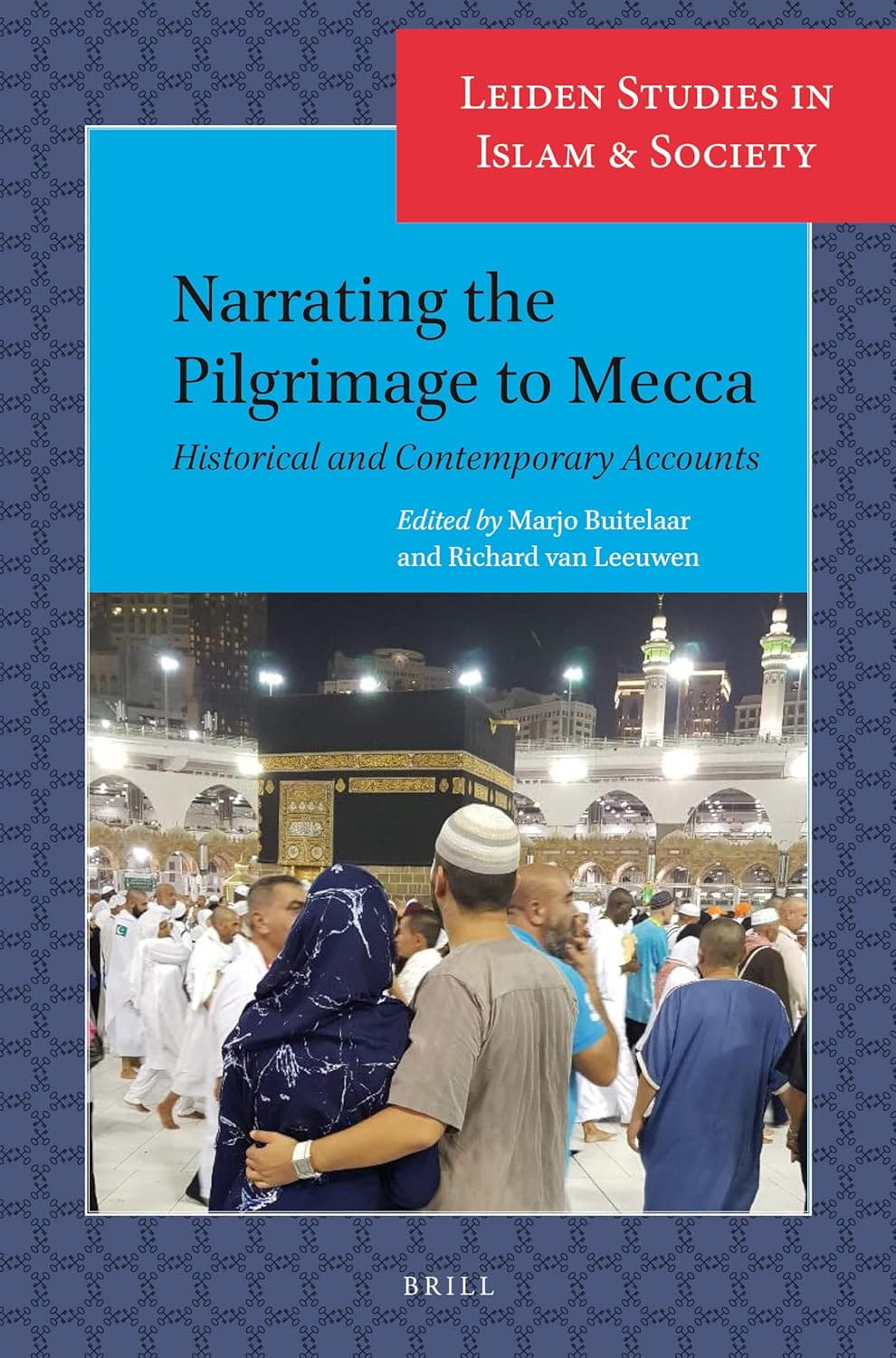
"Believing Women" in Islam: Unreading Patriarchal Interpretations of the Qur'an
Asma Barlas
2002, University of Texas, 0-292-70904-8, $21.95 pb
The author, professor of politics and interim director of the Center for the Study of Culture, Race and Ethnicity at Ithaca College, New York, discusses the relationship of the Qur'an to the cultures that received, believed and socially interpreted its message. To the question whether Islam's scripture teaches or condones gender inequality or oppression of women, her reply is an emphatic negative. Moreover, she contends, the Word of God in the Qur'an clearly tells Muslims that men and women are equals, and practices to the contrary are thus matters of culture, not religion.
